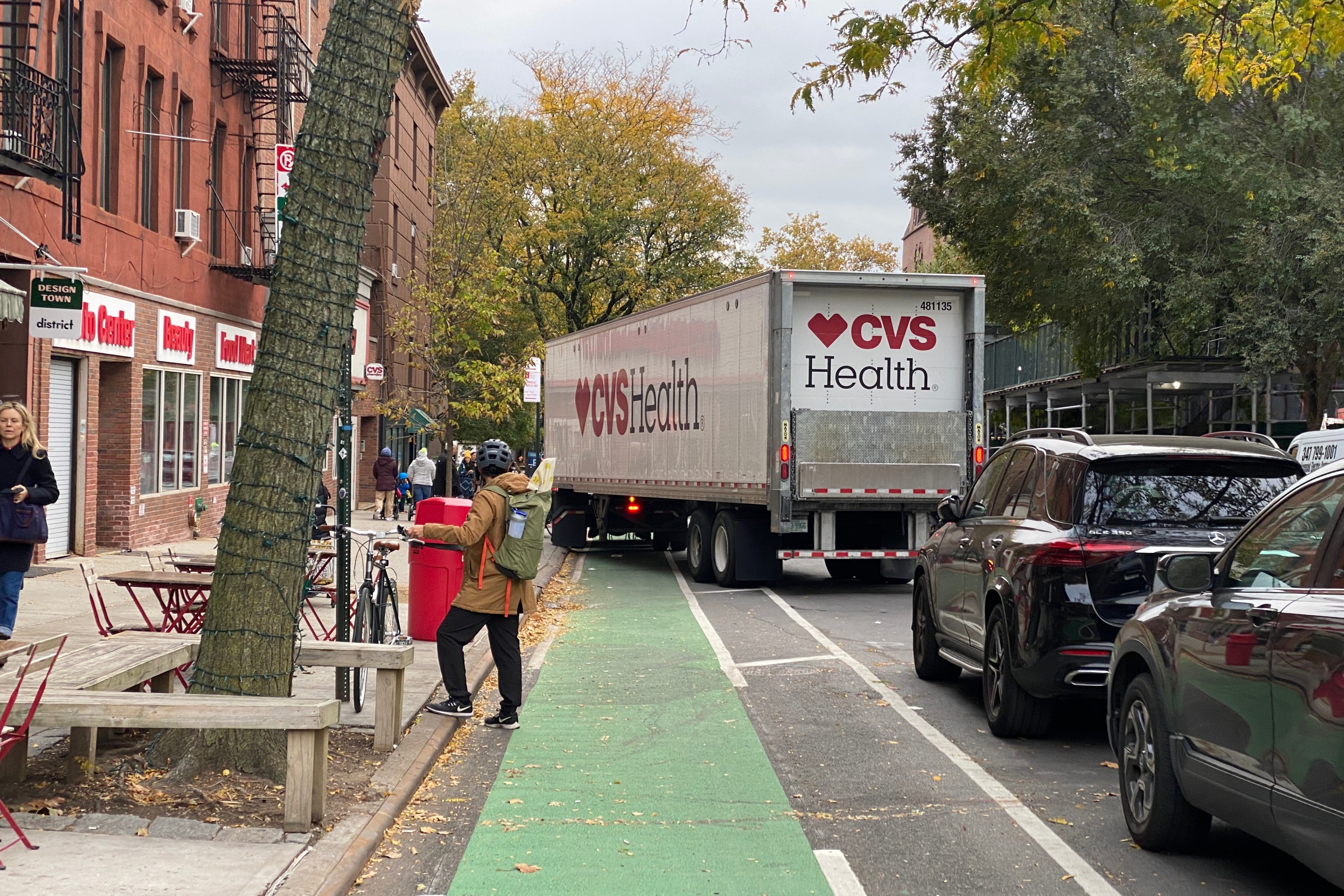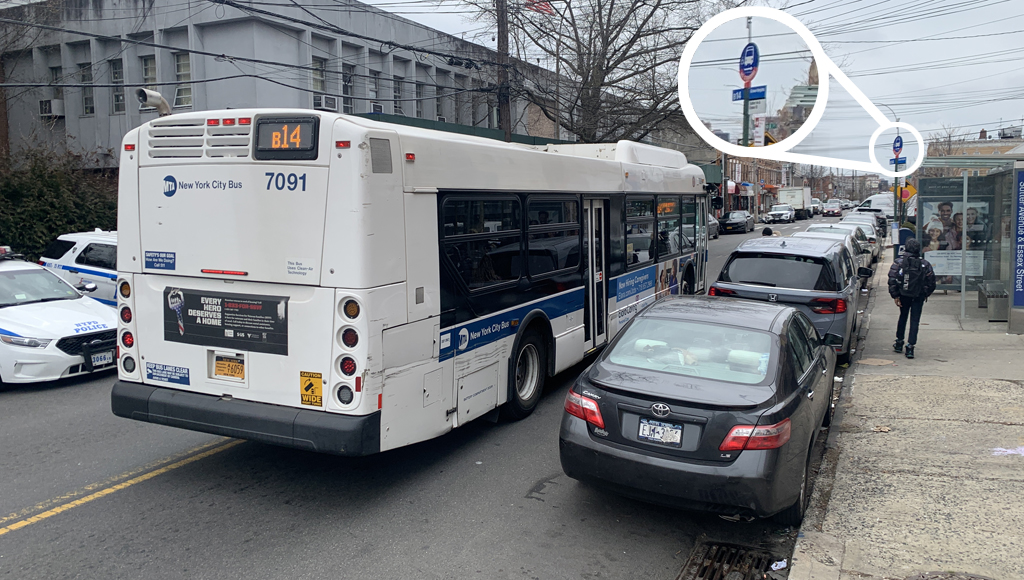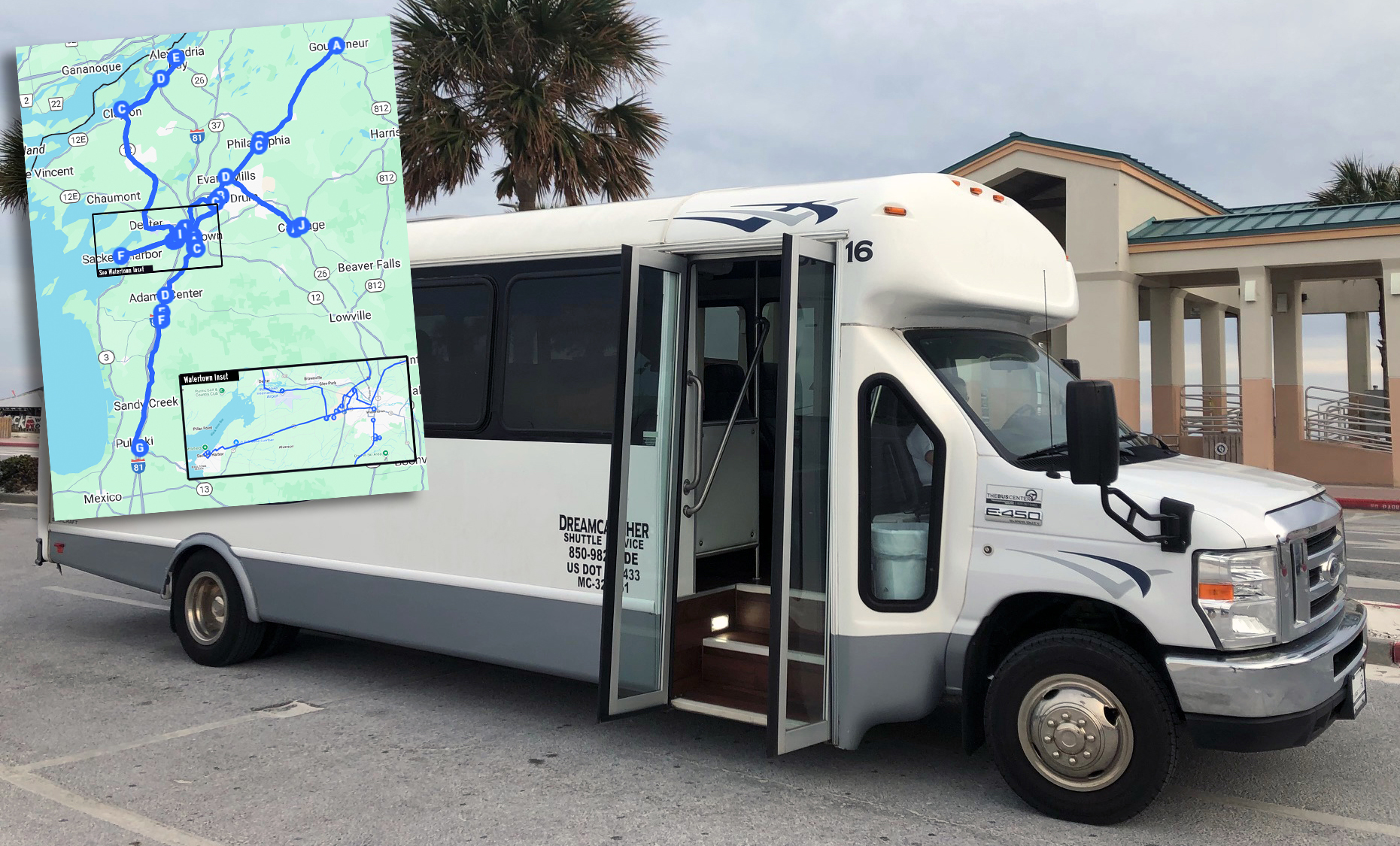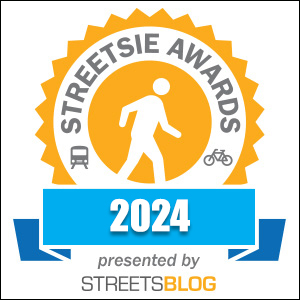
Just as we do every year, we throw out the old year and ring in the new one with our Streetsie Awards, a multi-post compendium of the best and worst projects, people, policies and politics of the year that was. This is our first in the series, but if you want to read them all, they're archived here. Merry Christmas, Happy Hanukkah, a Joyous Kwanzaa and a Happy New Year to all.
There were several successful campaigns in the livable streets world this year, some of them achieving goals that activists had fought long and hard for.
Albany finally allowed New York City to reduce its own speed limits and expanded red light cameras, while the city sort of loosened the requirement to build parking in new buildings, and repealed a jaywalking ban.
The push to ban parking near intersection for better visibility gained momentum, while a years-long dream to get protected bike lane on Bedford Avenue finally yielded results.
So which safe streets campaign was this year's best?
'Sammy's Law'
The state finally agreed to allow New York City to lower its own speed limits for the first time in a decade.
Advocates led by Amy Cohen, for whose son Sammy Cohen Eckstein the bill was named, trekked to Albany to lobby state lawmakers year upon year — and even went on a hunger strike last year — in an effort to convince state lawmakers.
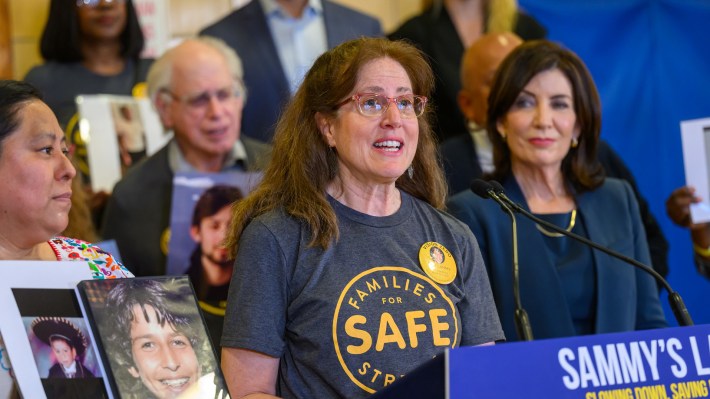
The law simply sought to allow the city to lower its default speed limit from 25 miles per hour to 20, and state politicians reached a deal this year by carving out wide roads outside of Manhattan with three or more travel lanes in each direction — an exemption that will arguably keep many corridors more dangerous that need safety improvements the most.
Red light cameras
Another Albany win was the renewal and expansion of the city's red light enforcement cameras.
Gov. Hochul extended the three-decade-old program's lifespan until 2027, and increased the camera locations from 150 to 600 intersections.
That was still less than half as far as state lawmakers had hoped; the original bill by State Sen. Andrew Gounardes had pushed for cameras at 1,325 crossings, covering about 10 percent of the city.
The move was still in stark contrast to Suffolk County, which gleefully abandoned the technology proven to curb serious crashes.
Daylighting sunrise
The grass-roots movement to make intersections safer by removing visibility-blocking cars from parking at corners continued to grow.
Lawmakers introduced several pieces of legislation to mandate the treatment also known as daylighting citywide, and more community boards endorsed the common-sense policy.
Parking close to intersections is already illegal under state law, but the city exempts itself from that provision so that it can offer extra storage space for motorists (largely for free).
That's despite the city's own stats showing that intersections account for the majority of pedestrian traffic deaths (55 percent) and an even higher share of injuries (79 percent).
There are now two pending bills to fix that, one in the state Legislature and another in the City Council, both of which would make the city follow the state law and end its carveout for the well established safety measure.
Mayor Adams pledged to daylight 1,000 intersections a year, after the killing of 7-year-old Kamari Hughes by a turning NYPD tow truck driver, but progress has been mixed so far.
DOT has been juicing its numbers when it double counted intersections by citing more than one corner of the same two cross-streets, and the agency removed parking at corners that didn't actually improve sight lines due to the direction of traffic, a Streetsblog review found.
A better Bedford
The long-awaited protected bike lanes on Bedford Avenue finally became a reality this year, as DOT installed a parking-protected northbound path from Dean Street to Flushing Avenue.
Advocates had pushed the city to make the change via their Better Bedford Avenue campaign, and DOT in 2023 pledged to follow suit by the end of that year.
But the project got stuck in the mysterious morass of Adams's "community engagement," until it finally moved ahead this year.
The redesign is only just the beginning, and it still stops short of South Williamsburg, where former Mayor Bloomberg notoriously removed 14 blocks of bike lane on Bedford in 2009, allegedly after members of the neighborhood's Hasidic community complained about scantily clad cyclists.
End of parking minimums*
*Not really in most of the city, but there was some progress!
The Adams administration chipped away at the city's retrograde requirements for car storage in new developments, when the Council passed an altered version of Hizzoner's "City of Yes" rezoning plan this year.
Rather than entirely rid the city of outdated pro-car regulations, negotiators cooked up an 11th-hour modification that created three tiers.
The zones maintained the strictest parking requirements in low-density parts of the city where the car storage rules most hinder development, while loosening the regs near mass transit and eliminating them in most of Manhattan, much of western coastal Brooklyn, and Long Island City.
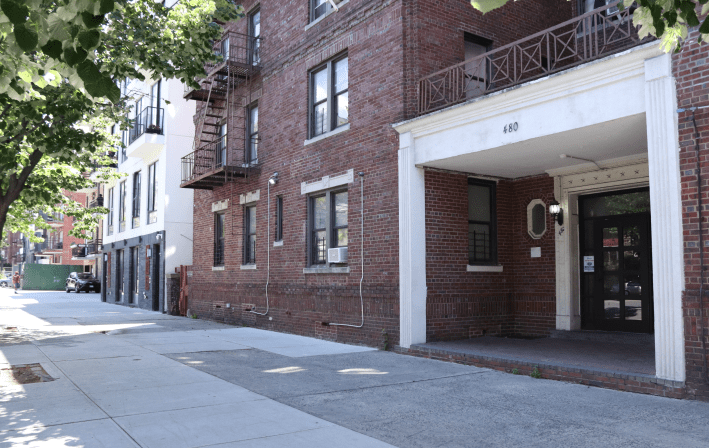
Advocates with Open Plans (which shares a parent company with Streetsblog) had pushed the relatively wonky issue to eliminate parking mandates, which had been in place since the 1960s.
The effort was to make way for more housing as the city faces a shortage in affordable dwellings, while also discouraging car ownership in the transit-rich city.
Legalizing 'jaywalking'
The City Council legalized walking in the street against a traffic signal, a widespread practice and arguably rite of passage for New Yorkers also known derogatorily as "jaywalking."
The effort had the backing of Transportation Alternatives and the Legal Aid Society, and came after Streetsblog documented extensively how NYPD's jaywalking enforcement was rare but overwhelmingly targeted New Yorkers of color, despite the city literally being known for everybody walkin' here.
Police brass and DOT came out against the repeal, claiming the enforcement was actually keeping pedestrians safe. However the cops relied on questionable data to make that case.
Now it's time to vote (if no ballot appears below, refresh the page)!


